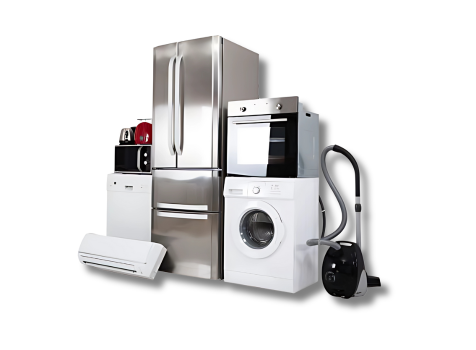Many electrical equipment in India must be certified by the Bureau of Indian Standards (BIS) to assure their safety, quality, and dependability. Electrical goods must meet specified Indian Standards (IS codes) before they may be marketed. For example, IS 302-2-201 pertains to electric kettles, but IS 1293 applies to plugs and socket outlets.
Manufacturers must adhere to a defined procedure that includes product testing at a BIS-approved laboratory, submitting an application through the BIS Manak Online Portal, and completing a factory inspection (if necessary). Electrical appliances may need to be certified via ISI Mark Certification (required for specific goods) or the Compulsory Registration Scheme for Electronics (CRS). Once authorized, the BIS license is issued and must be renewed on a regular basis.
Compliance with BIS requirements guarantees product safety, market credibility, and legal clearance for sale in India. Manufacturers can engage with BIS officials or experts to ensure a smooth certification process.

All Electrical Appliances
302 (Part 1) : 2008BIS certification ensures electrical appliances meet Indian safety and quality standards, making them legally compliant for sale in India.
Yes, many electrical products require BIS certification under ISI or CRS schemes per government regulations.
Apply via the BIS Manak Online Portal, submit product test reports, and complete verification.
Business registration, product test reports, factory details, and quality control documents.
It typically takes 30-90 days, depending on product testing and verification.